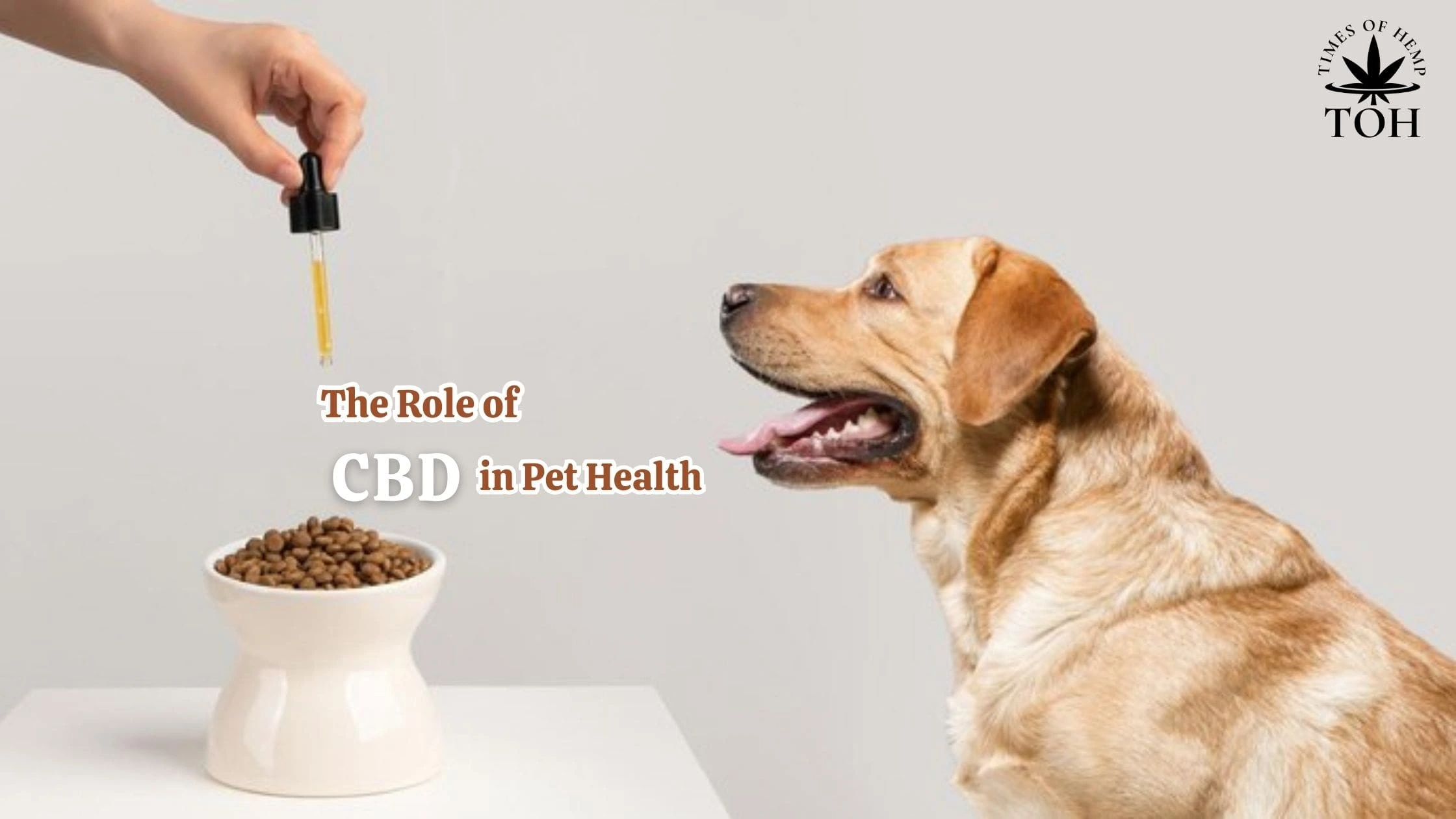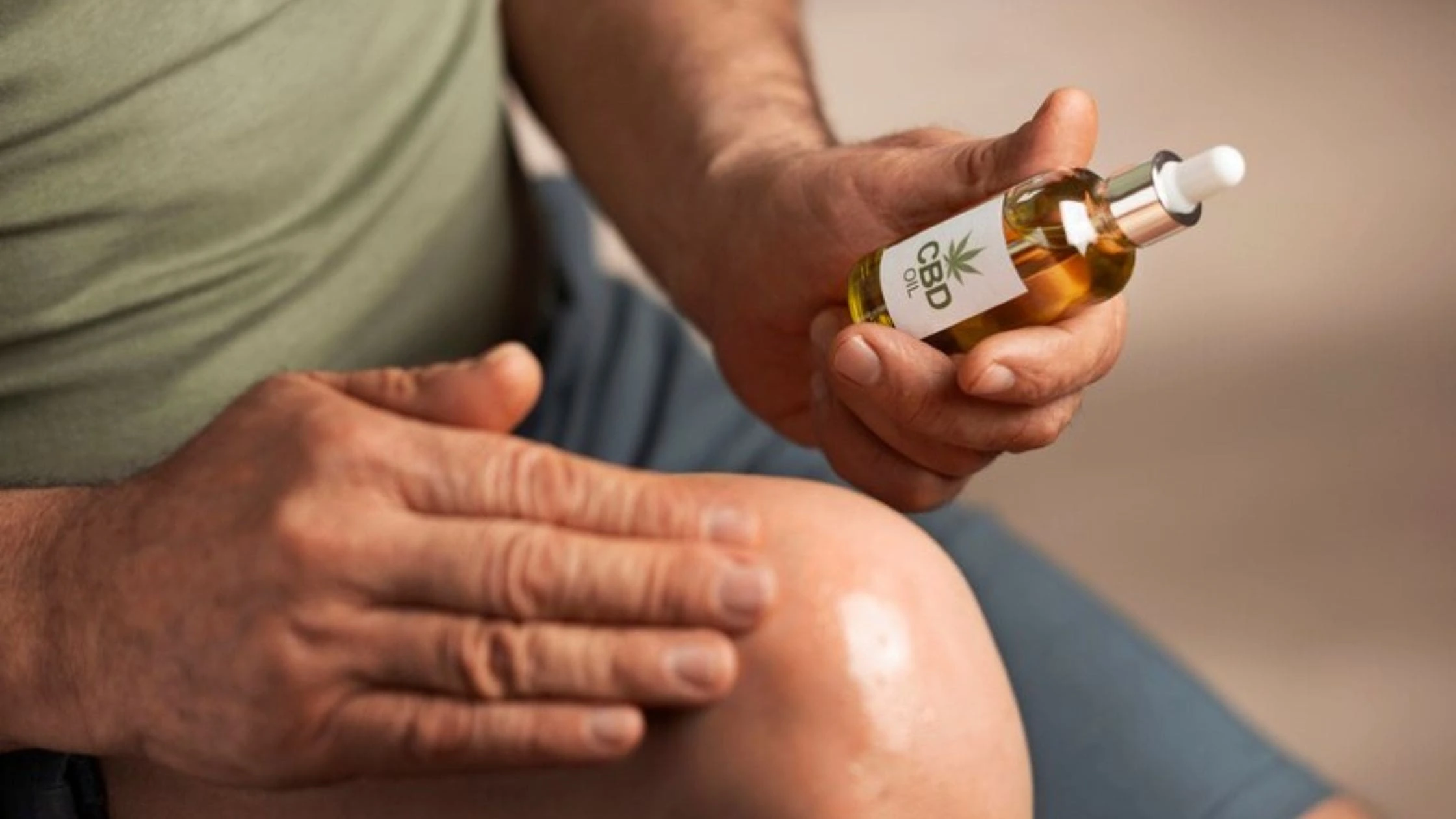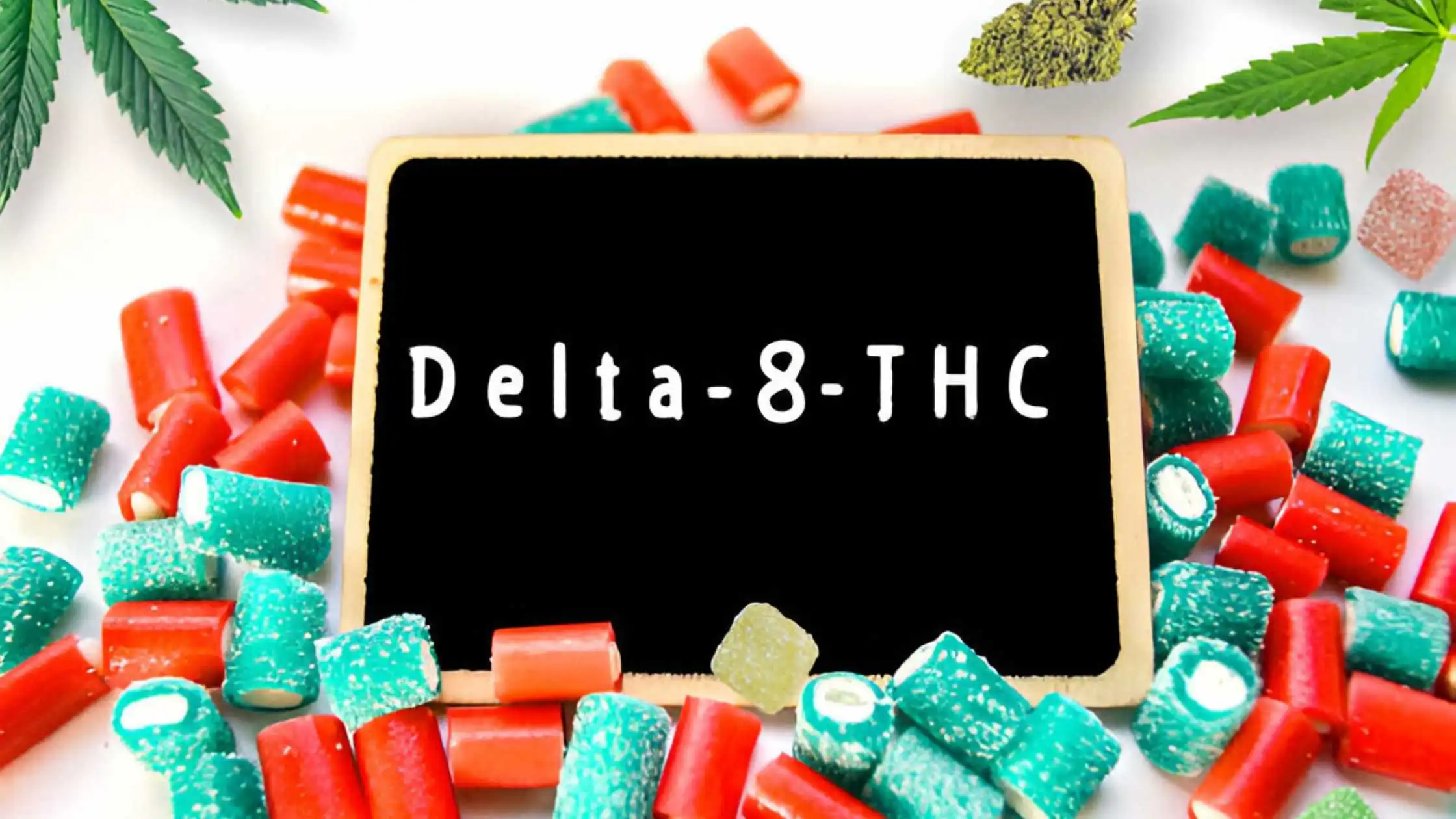Introduction
The cosmetics and skincare industries have recently changed tremendously, with a growing emphasis on natural and plant-based components. Among these, hemp and CBD (cannabidiol) have become well-liked cosmeceutical components, attracting a lot of interest for their potential advantages for the skin and general health. The blog will discuss the effects, variations, and applications of hemp and CBD cosmeceuticals in this blog post, along with some common myths about them.
Understanding Hemp and CBD
Hemp: A multipurpose plant from the Cannabis sativa species, hemp is frequently grown for industrial uses. In contrast to marijuana, hemp has very low concentrations of THC (tetrahydrocannabinol), the psychoactive substance that gives cannabis users a “high.” Hemp is renowned for being eco-friendly and having many uses, from textiles and paper to food and cosmetics.
CBD (Cannabidiol): One of the several cannabinoids present in cannabis plants, including hemp and marijuana, is CBD (cannabidiol). Due to its alleged medicinal benefits without the psychoactive effects of THC, it has grown in popularity. CBD affects the endocannabinoid system (ECS), which involves maintaining balance (homeostasis) in several biological processes, including skin health.
Cosmeceuticals and the Skin
Cosmeceuticals are cosmetics with potential therapeutic bioactive components. Contrary to pharmaceuticals, cosmeceuticals improve the look and general health of the skin rather than treat or cure medical disorders. Because of their many skin-friendly qualities, industries are using hemp and CBD in cosmeceuticals. Hemp in cosmetics is a blessing for the cosmetics industry, so it is widely used along with many other sectors.
Effects of Hemp and CBD on the Skin
Anti-inflammatory Effects: Hemp and CBD have strong anti-inflammatory properties that help calm and soothe inflamed skin. These characteristics make them appropriate for people who suffer from inflammatory skin disorders, including psoriasis, eczema, and acne.
Benefits of Antioxidants: Hemp and CBD both include a lot of antioxidants that work to fend off free radicals and oxidative stress. They aid in preventing premature ageing and supporting healthy, youthful-looking skin by neutralizing these damaging chemicals.
Natural moisturizer: Made from hemp seeds, it is a fantastic all-natural moisturizer. It helps keep skin hydrated and lock moisture in, avoiding dryness and achieving a smooth, supple complexion.
Controlling Sebum Production: CBD has demonstrated potential for controlling skin sebum production. CBD’s sebum-balancing qualities may help prevent oily skin since too much sebum can block pores and cause acne outbreaks.
Relaxing and Soothing: Hemp and CBD have relaxing effects on the skin, making them appropriate for people with sensitive and irritated skin. They can aid in minimizing inflammation, irritation, and redness.
Key Differences between Hemp and CBD Cosmeceuticals
Origin of the Extract: Hemp cosmeceuticals are made from the hemp plant’s seeds, leaves, and occasionally flowers. While CBD is present in both hemp and marijuana plants, CBD cosmeceuticals mainly employ CBD extract from hemp because it is legal and has less THC than marijuana.
Cannabinoid Content: A variety of cannabinoids, including CBD, THC, CBG, and others, are present in hemp. Products made from hemp often include minimal quantities of THC (less than 0.3%) together with CBD, making them non-psychoactive. Contrarily, CBD cosmeceuticals employ broad-spectrum CBD or specifically isolate CBD, which also contains other advantageous cannabinoids and chemicals but no THC.
Legal Status: Depending on the nation and location, hemp and CBD products may or may not be permitted. While CBD generated from marijuana has limits or is illegal in some jurisdictions, CBD derived from hemp is often legal if there is no more than a trace amount of THC.
Usage and Formulations: Hemp cosmeceuticals may include various hemp plant components, including hemp seed oil, found in skin care products, making them more adaptable in their formulations. On the other hand, CBD cosmeceuticals concentrate on using the advantages of isolated CBD or broad-spectrum CBD in their formulations.
Using Hemp and CBD Cosmeceuticals
Take into account the following advice when combining hemp or CBD cosmeceuticals into your beauty regimen:
Patch test: Perform a patch test on a small skin area before using any new cosmetic product on your face or body. This aids in the detection of probable allergies or sensitivities.
Carefully Read Labels: Choose reliable companies that are transparent about the components and levels of CBD in their products. Make sure they follow safety and quality requirements.
Verify THC Content: Choose hemp-derived CBD products with lab-tested THC levels below 0.3% if you wish to prevent any THC exposure.
Follow Directions: The ad adheres to the manufacturer’s suggested usage guidelines for outstanding results.
Consistency is Key: To get the full advantages of hemp or CBD cosmeceuticals, continuous use over time is required, just like with other skincare products.
Conclusion
CBD and cosmetics have a complementary relationship, exploring many potential benefits. Hemp and CBD cosmeceuticals have shown encouraging results on the skin, offering a pure and advantageous supplement to skincare regimens. They are appropriate for various skin types and issues due to their anti-inflammatory, antioxidant, and moisturizing qualities and their capacity to regulate sebum production. Knowing these items’ distinctions, prospective advantages, and regional legal requirements is crucial before selecting them.
People may investigate the potential benefits of these plant-based components while promoting healthy, vibrant skin by carefully using hemp or CBD cosmeceuticals. Before using any new skincare product, always get medical advice, especially if you have skin disorders or other health issues.





